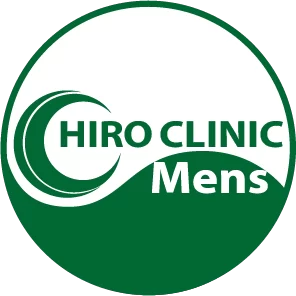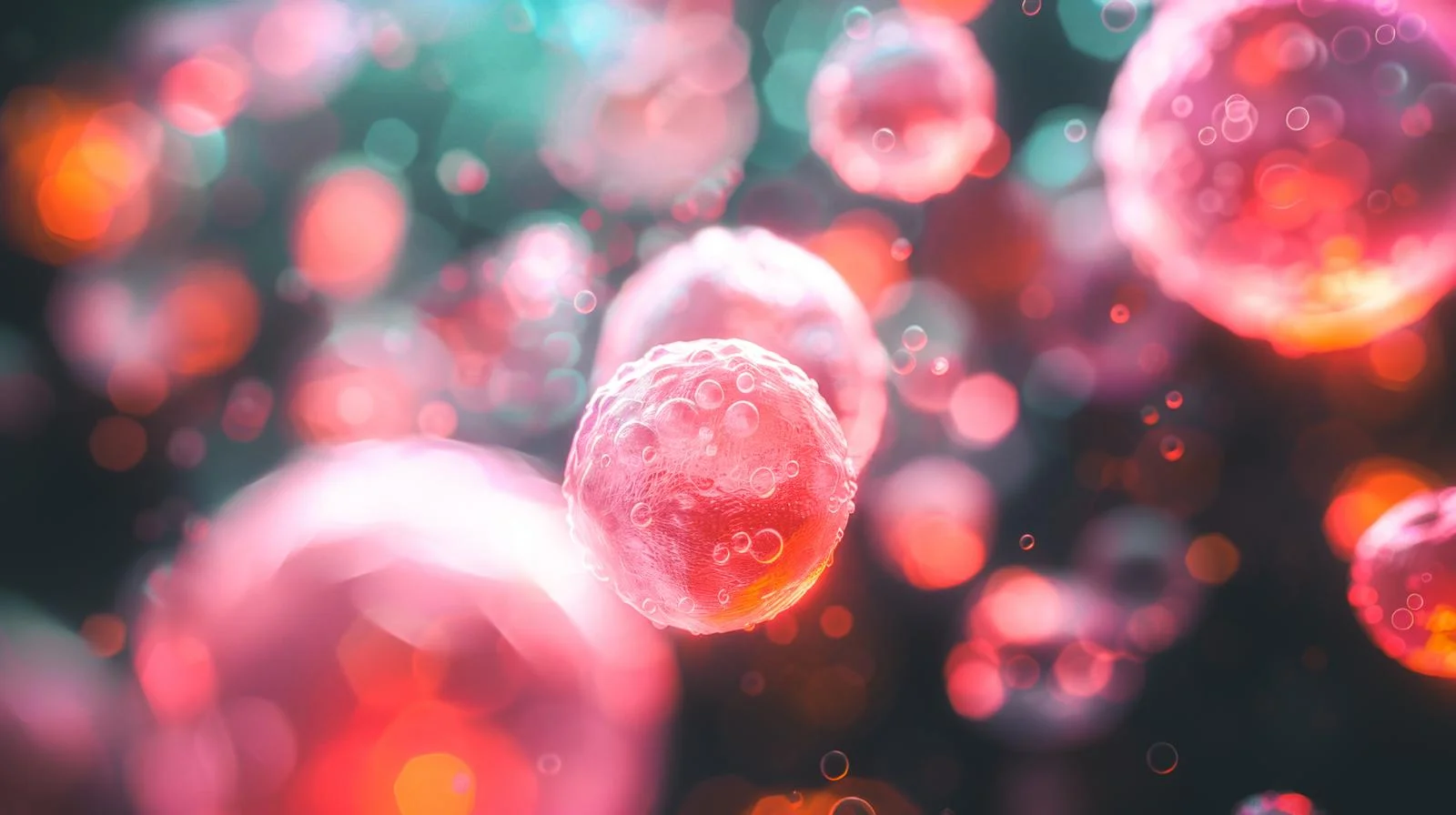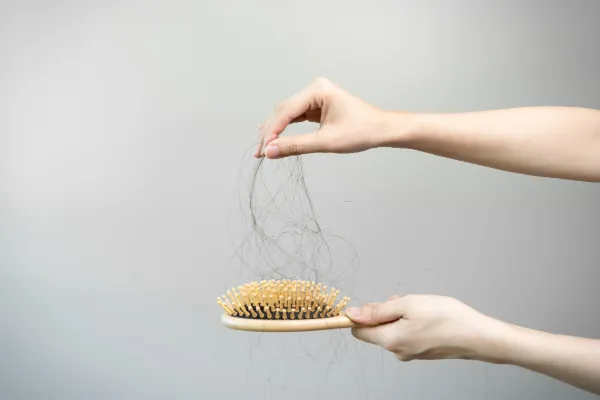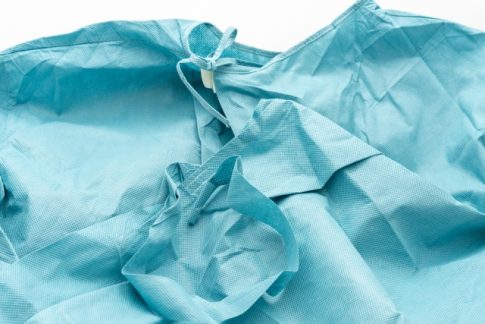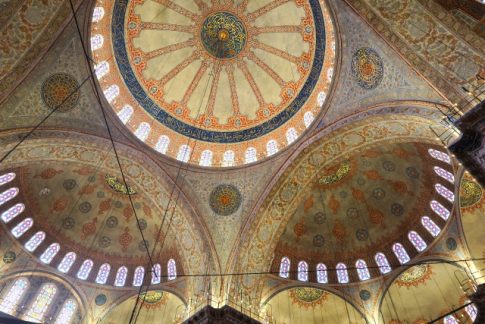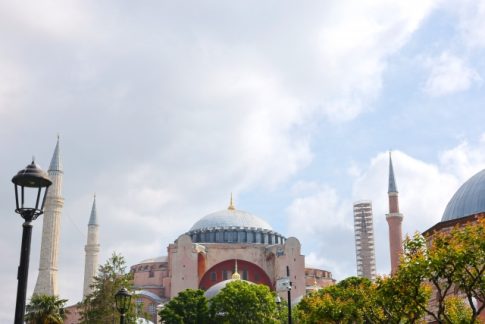この記事の概要
For men suffering from thinning hair and for beauty-conscious Alaska women, hair transplantation is an effective way to improve appearance and regain confidence. However, to optimize the recovery process after hair transplant surgery and ensure long-term success, it is important to enhance natural recovery and strengthen the immune system. This article details how to promote natural recovery and strengthen the immune system after hair transplant surgery.
The relationship between natural healing and the immune system
Natural healing refers to the body’s ability to repair itself, and the immune system plays a central role in this process. A strong immune system helps the body recover faster from injuries and infections, and maintains scalp health after hair transplant surgery.
The role of the immune system
Eliminating pathogens: The immune system eliminates pathogens such as bacteria and viruses.
Modulating inflammation: The immune system controls inflammation and promotes tissue repair.
Supports regeneration processes: Helps regenerate damaged cells and tissues, speeding up recovery.
How to Strengthen Your Immune System After a Hair Transplant
Healthy eating
A balanced nutritional diet is important to strengthen your immune system and improve your body’s natural recovery. Make sure you’re getting enough of the following nutrients:
Vitamin C: An antioxidant that supports immune cell function. Found in citrus fruits, bell peppers, and broccoli.
Vitamin D: Plays an important role in regulating the immune system. It is produced in salmon, tuna, egg yolks and in sunlight.
Zinc: Supports immune cell production and function. Found in lean meats, nuts and legumes.
Probiotics: Improves intestinal environment and immune function. Found in yogurt, kimchi, natto, etc.
Moderate exercise
Moderate exercise can help strengthen your immune system and improve blood circulation throughout your body. Try these exercises:
Aerobic exercise: walking, jogging, cycling, etc. Do this for about 30 minutes, 3 to 5 times a week.
Strength training: Strengthen muscles and increase your metabolism. Do strength training 2-3 times per week targeting all major muscle groups.
Stretching and yoga: This will increase your flexibility and help you relax. Doing 5-10 minutes each day will help.
Stress Management
Stress has a negative effect on the immune system, so proper stress management is essential. Here are some ways to reduce stress:
Meditation: Maintain peace of mind by meditating for 10-15 minutes each day.
Deep breathing: When you feel stressed, take a deep breath and relax.
Enjoy a hobby: Take up a hobby or relaxation activity to relieve stress.
Adequate sleep
Good quality sleep strengthens your immune system and promotes recovery. Take note of the following points to create a good sleeping environment:
Maintain a regular sleep schedule: Going to bed and waking up at the same time every day helps regulate your body clock.
Comfortable sleeping environment: Create a quiet, dark and temperature-comfortable sleeping environment.
Limit the use of electronic devices: Avoid using your smartphone or computer one hour before going to bed.
Post-operative scalp care
Keep your scalp clean
After surgery, your scalp is delicate and prone to infection, so keeping it clean is important. Take care of your scalp with the following methods:
Gently wash your hair: 2-3 days after surgery, gently wash your hair as instructed by your doctor.
Use an antibacterial shampoo: Use an antibacterial shampoo recommended by your doctor.
Clean towel: Gently dry your scalp with a clean towel.
Moisturizing the scalp
Proper moisturizing is necessary as dryness slows down the scalp’s recovery.
Moisturizing cream: Use a moisturizing cream specifically for the scalp to prevent dryness.
Moisturizing frequency: Gently apply an appropriate amount twice a day, morning and night.
Proper sun protection
Ultraviolet rays can damage the scalp, so proper protection from the sun is necessary.
Wear a hat: When going outside, wear a hat to avoid direct sunlight.
Use sunscreen: Use sunscreen as recommended by your doctor.
Utilizing advice from specialists
For post-operative care and strengthening your immune system, seek advice from a trusted medical professional.
Regular check-ups: You will see your doctor regularly to monitor your progress after your surgery.
Selecting the right supplements: If necessary, take supplements as recommended by your doctor.
summary
Boosting your body’s natural healing ability and strengthening your immune system after hair transplant surgery can help speed up your recovery and ensure long-term success. Adopt lifestyle changes such as a healthy diet, moderate exercise, stress management, and adequate sleep, keep your scalp clean and moisturized, and take precautions against exposure to the sun. With proper care under the guidance of a trusted medical professional, you can confidently enjoy your new hair.
